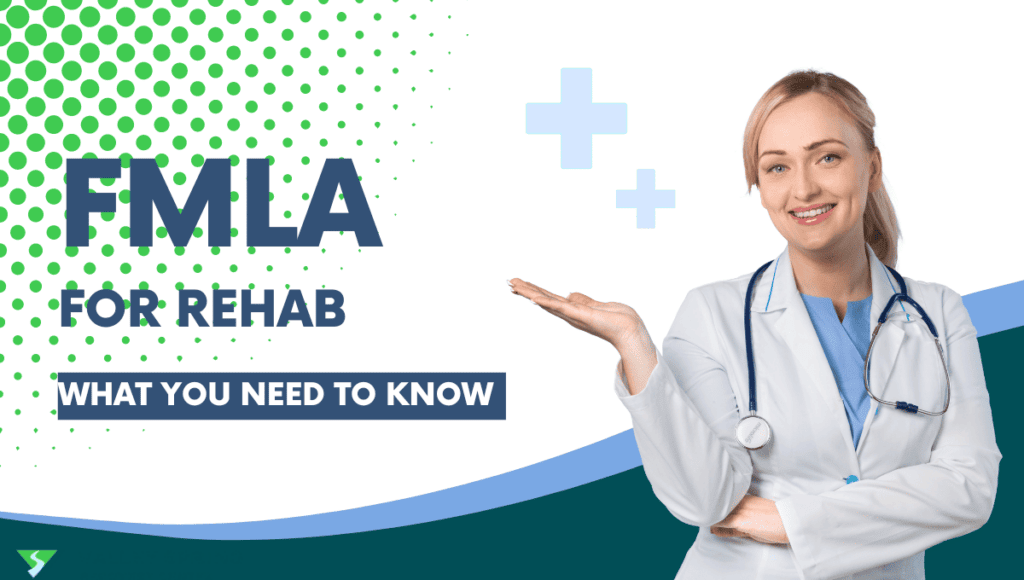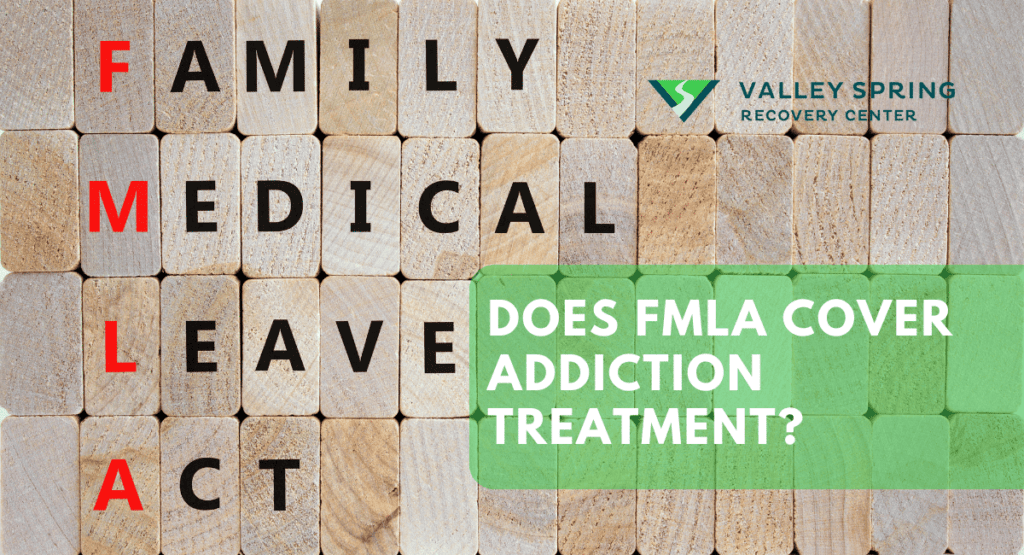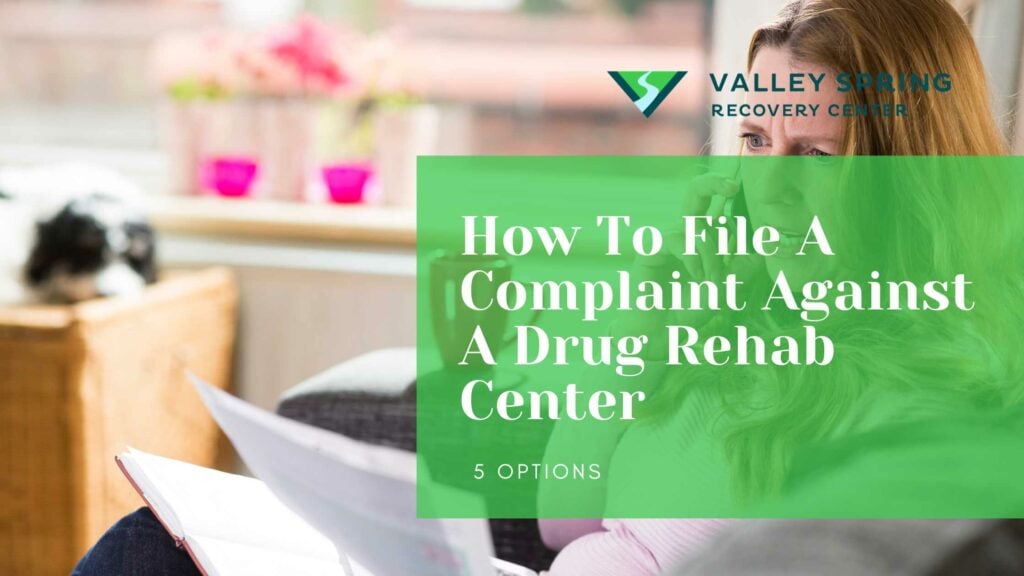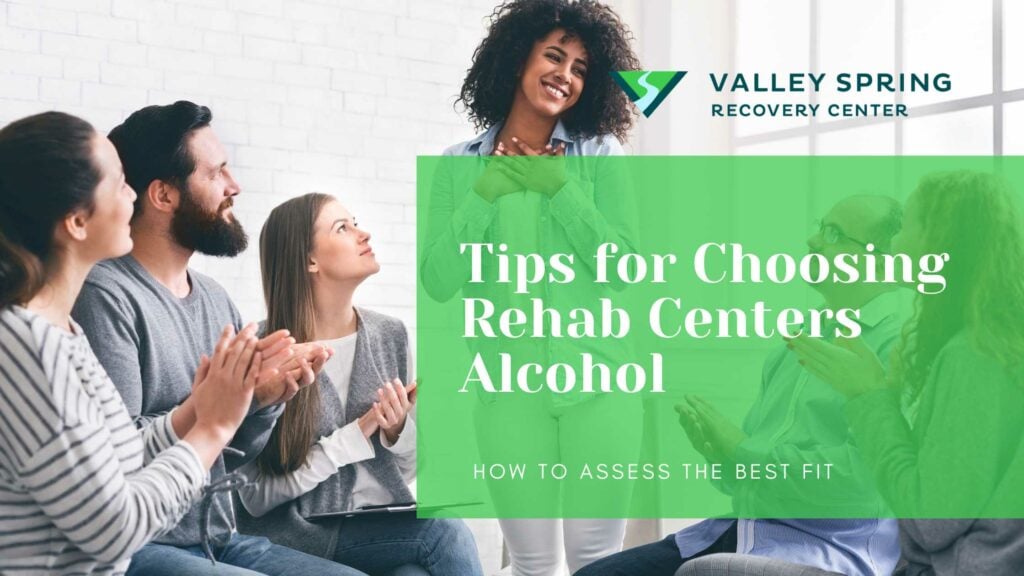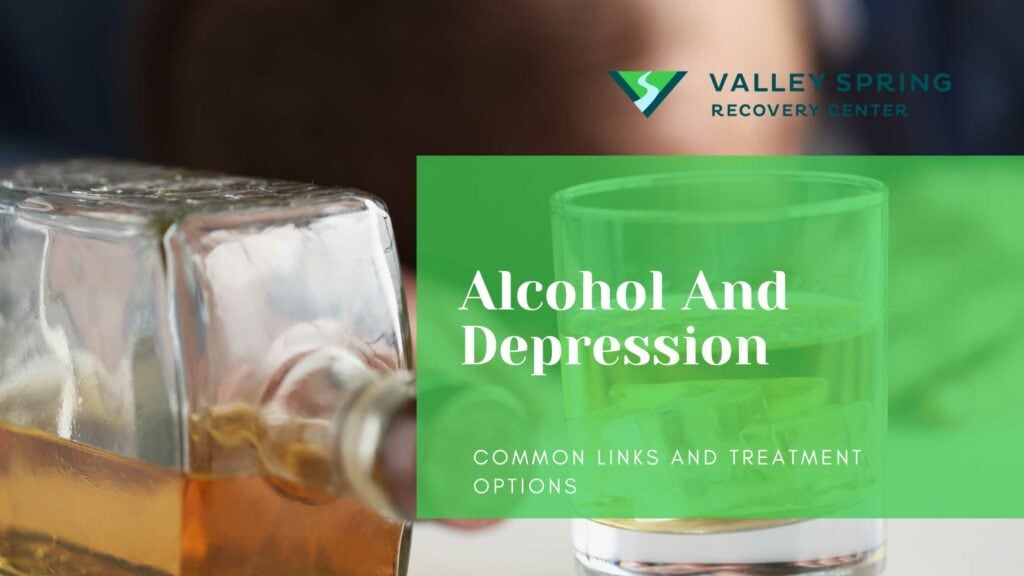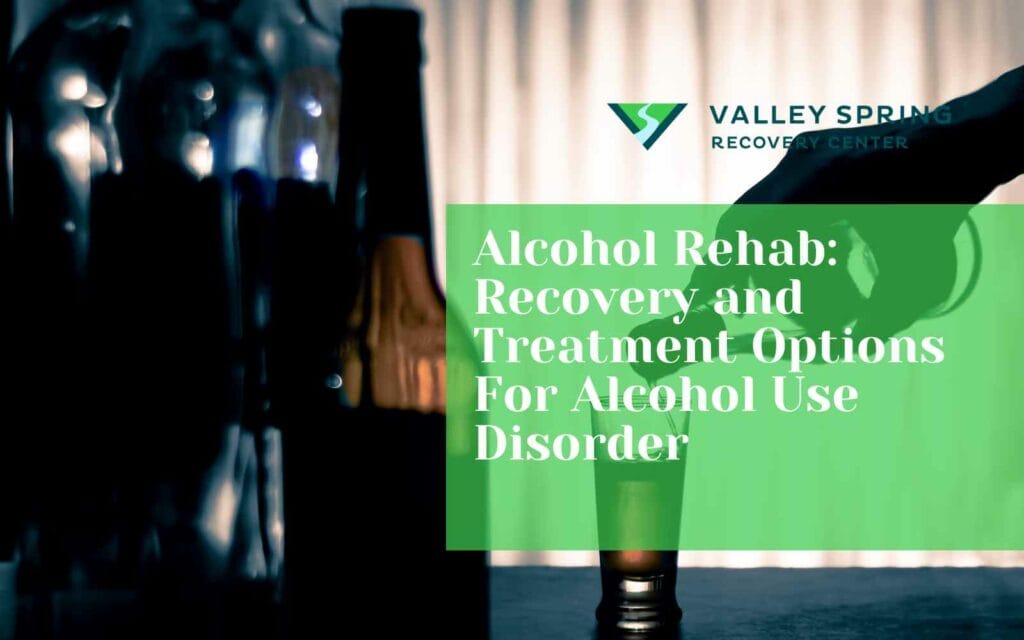Struggling with addiction is a difficult and isolating experience. The road to recovery often requires taking time off from work to focus on treatment. But what if there was a way to seek help without risking your job? The Family and Medical Leave Act (FMLA) offers a solution for those in need of addiction treatment, providing job protection during this critical time. This blog post aims to be a comprehensive guide on how the FMLA can be applied for rehab, ensuring a smooth process and a successful recovery journey.
Navigating FMLA for rehab might seem daunting, but understanding its intricacies can empower you to make the best decisions for your well-being. From eligibility criteria to workplace policies and FMLA alternatives, this guide covers all aspects of this lifesaving resource. Let’s embark on this journey to better understand the FMLA and its connection to drug and alcohol rehab.
Key Takeaways
- FMLA provides job-protected leave for those seeking treatment for substance abuse, allowing them to focus on their recovery while maintaining employment and benefits.
- Eligibility criteria must be met by both employees and employers to qualify for FMLA coverage.
- State laws, Employee Assistance Programs (EAPs), drug free workplace policies, and confidentiality/privacy regulations should all be taken into consideration when applying for FMLA leave due to addiction treatment.
What Is Drug and Alcohol Rehab?
Rehabilitation centers are places or programs where a set of interventions are created to assist a person’s recovery from an injury, physical or mental illness, or substance abuse. The main goal of rehabilitation is to optimize a patient’s functioning and improve their quality of life.
The Family Medical Leave Act (FMLA) under certain conditions, can qualify for protected leave, thereby safeguarding one’s employment status while attending to substance abuse issues in a rehab center.
What is FMLA?
The Family and Medical Leave Act (FMLA) is a federal law granting up to 12 weeks of unpaid, job-secured leave for eligible employees. This leave can be taken for various valid family and medical reasons, including serious health conditions. A serious health condition, as defined by FMLA, is any condition that renders an employee unable to perform the essential functions of their job, be it physical, mental, or both. FMLA ensures that employees can take the necessary time off to address these health conditions without jeopardizing their employment.
FMLA leave can be taken in different ways.
- Continuous: where the employee takes a block of time off, such as several weeks or months.
- Intermittent: where the employee takes leave in separate blocks of time, such as a few hours or days at a time.
- Reduced schedule: where the employee reduces their normal work hours or days.
While employees are not obligated to disclose their diagnosis to their employer, they must provide sufficient information to indicate that their leave is covered by FMLA. This allows employees to maintain a degree of privacy while ensuring they receive the necessary support and protection.
What Is FMLA’s Connection to Drug and Alcohol Rehab?

The Family and Medical Leave Act (FMLA) is a federal law that provides up to 12 weeks of unpaid, job-protected leave for qualifying medical and family reasons, such as addiction treatment for a serious health condition. This law’s primary purpose is to safeguard employees who need extended time off work for valid reasons, such as drug and alcohol treatment. In essence, FMLA ensures that you can focus on your recovery without the added stress of losing your job.
FMLA applies not only to physical health conditions, but also to mental health conditions and addiction. This means that if you or an immediate family member are struggling with drug or alcohol abuse, you may be eligible for FMLA leave to receive proper treatment. The key here is that FMLA covers the treatment for substance abuse, but not the consequences of drug or alcohol use. In other words, employees must seek help proactively and not wait until they face disciplinary action at work.
This is where the importance of seeking treatment for drug and alcohol addiction comes into play. Addressing drug and alcohol use through FMLA leave for drug and alcohol rehab allows you to:
- Concentrate on your recovery
- Retain your job and related benefits
- Improve job prospects
- Enhance overall well-being
FMLA and Substance Abuse Treatment
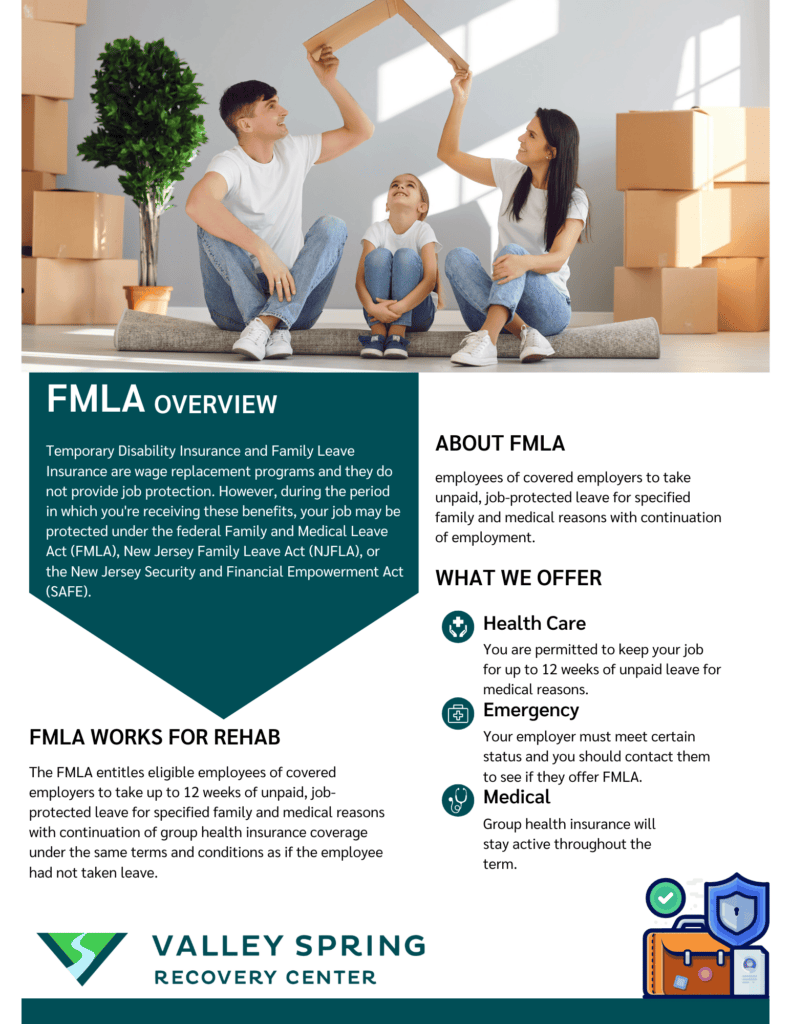
FMLA covers substance abuse treatment, including addiction to drugs and alcohol. This means that if an employee or their immediate family member is struggling with substance abuse and requires treatment, they may be eligible for FMLA leave. However, it is crucial to understand that FMLA does not cover the consequences of drug or alcohol use, nor does it protect employees from disciplinary action related to substance abuse violations.
It is always better for an employee to seek help for their addiction before facing negative consequences at work, such as a random drug test or being reported by a colleague. By proactively addressing the addiction and seeking treatment for drug abuse through FMLA, employees can ensure they receive the necessary support without jeopardizing their employment. In cases where an employee fails to comply with their employer’s drug policy, termination of employment may be a consequence, and FMLA may no longer be an option for them.
According to Division of Temporary Disability and Family Leave Insurance from the state of New Jersey, FMLA offers job protection for employees seeking substance abuse treatment, but it is essential to understand its limitations and act proactively to address addiction. If your employer retaliates against you for taking or seeking to take Temporary Disability or Family Leave Insurance benefits, you have the right to take private legal action.
For employees to benefit from FMLA leave for addiction treatment, they must meet specific eligibility criteria. These criteria include both employee and employer requirements for coverage, ensuring that the necessary support is provided for those in need of treatment. By understanding these criteria, employees can determine whether they are eligible and plan accordingly.
Let’s delve deeper into the specific requirements for both employees and employers to better understand the eligibility criteria for FMLA and rehab.
Employee Requirements
To be eligible for FMLA leave, employees must meet certain requirements regarding their length of employment and hours worked. Specifically, they must have worked for a covered employer, which includes private companies with 50 or more employees, for a minimum of one year. Additionally, employees must have accrued 1,250 hours or more of service in the preceding 12 months.
Fulfilling these requirements enables employees to qualify for FMLA leave and obtain the necessary assistance for addiction treatment.
Employer Requirements
Employers also have specific requirements to be eligible for FMLA coverage. Covered employers include public and government agencies, schools (public and private), and companies with at least 50 local employees. Employees must have worked for the employer for at least 12 months and must have accrued a minimum of 1,250 hours of service with the employer.
Comprehending these employer requirements is vital for employees aiming for FMLA leave for addiction treatment, as it guarantees awareness of their rights and the support they deserve.
How Can You Apply for FMLA Leave for Addiction Treatment?
After an employee has confirmed their eligibility for FMLA leave, they should proceed to apply for leave to undertake addiction treatment. The application process involves notifying the employer of the intention to take FMLA leave and providing the necessary documentation, such as a referral from a healthcare provider or provider of healthcare services.
At Inner Voyage, we understand that navigating the FMLA application process can be challenging, which is why we are here to assist you every step of the way. Our team of experts will guide you through the process while you communicate with your employer about your substance use disorder treatment.
Notification and Documentation
The first step in applying for FMLA leave for addiction treatment is to notify your employer of your intention to take leave. While you are not obligated to provide the specifics of your diagnosis, you must provide sufficient information to indicate that your leave is covered by FMLA. This may include a medical provider’s directive to remain at home for an extended period of time to take antibiotics or a hospitalization.
It is important to note that the specific notification and documentation requirements may vary based on your employer’s policies and any applicable state laws. As such, it is crucial to consult your employer’s FMLA policy or speak with your HR department for more information on the requirements for FMLA leave for addiction treatment.
Handling Employer Requests for Certification
During the FMLA application process, your employer may request certification or additional information to verify your need for leave. It is essential to respond promptly and provide the requested certification or information, as delays or incomplete submissions could jeopardize your FMLA leave.
Actively and cooperatively providing the required documentation facilitates a smooth application process and guarantees the support needed for your addiction treatment, including inpatient care.
Navigating Workplace Policies and FMLA
Understanding workplace policies and how they interact with FMLA is crucial when seeking addiction treatment. These policies may differ between companies, yet must all abide by the FMLA. By being aware of your employer’s policies, you can make informed decisions about your treatment and ensure you receive the help you need.
In this section, we will explore the impact of drug-free workplace policies on FMLA leave for rehab and the importance of maintaining confidentiality and privacy during the application process.
Drug-Free Workplace Policies
Drug-free workplace policies can have a significant impact on FMLA leave for rehabilitation. Depending on the policy, an employee may be required to comply with drug testing or other forms of oversight to be eligible for FMLA leave. Additionally, disciplinary action may be taken if the employee fails to adhere to the policy.
It is important to recognize that employees who do not comply with drug-free workplace policies may face consequences, such as suspension or termination. In some cases, an employee may be denied FMLA leave if they do not adhere to the policy.
Comprehending the effects of these policies on FMLA leave enables employees to secure the needed support throughout their recovery journey.
Confidentiality and Privacy
Maintaining confidentiality and privacy is a critical factor when applying for FMLA leave for addiction treatment, including adhering to HIPAA regulations. Employers must ensure the confidentiality of employee medical information obtained during the FMLA process and safeguard sensitive medical information provided by employees.
Employee medical records should be kept confidential and stored in separate files from routine personnel records, ensuring that employees’ privacy is protected throughout the FMLA application process.
What Are The FMLA Alternatives?
While FMLA can be a valuable resource for employees seeking addiction treatment, there are also alternatives and additional resources available. These options include state-specific leave laws and Employee Assistance Programs (EAPs), which can offer further protection or benefits for individuals in need of rehabilitation.
We will examine state-specific leave laws and Employee Assistance Programs in this part, as possible alternatives or additional resources for employees pursuing addiction treatment.
State-Specific Leave Laws
State-specific leave laws are regulations that grant employees the right to take time off from work for medical or family reasons. These laws can offer additional protection or benefits for employees seeking addiction treatment, such as extended leave time, job protection, and financial assistance. Examples of state-specific leave laws include the California Family Rights Act, the New Jersey Family Leave Act, and the Washington Family Care Act.
By understanding the leave laws applicable in your state, you can ensure you receive the necessary support during your recovery journey.
Employee Assistance Programs (EAPs)
Employee Assistance Programs (EAPs) are work-based intervention programs offered by employers to provide employees with confidential counseling and support services. These programs are designed to assist employees in managing stress, mental health issues, and addiction.
EAPs can offer employees access to counseling, support groups, and other resources to help them manage their addiction and seek treatment. By utilizing EAPs in conjunction with FMLA leave, employees can receive comprehensive support during their recovery journey.
Frequently Asked Questions
Can FMLA be used for alcoholism?
FMLA leave may be taken for substance abuse treatment, including alcoholism, provided it is done under the care of a health care provider.
Can my employer fire me for being an alcoholic?
Alcoholism is protected by federal law, so employers cannot fire someone simply because they are an alcoholic.
However, they can fire employees for reasons related to alcohol impairment that interfere with job performance or workplace safety.
Is alcoholism a Recognised disability?
Yes, alcoholism is a recognised disability under the Americans with Disabilities Act (ADA), Section 504 of the Rehabilitation Act, the Americans with Disabilities Act (ADA), and Section 1557 of the Affordable Care Act.
Individuals suffering from alcoholism are entitled to the same protections under these Acts as those with other qualifying physical or mental disabilities.
Is alcoholism a reason for short term disability?
Yes, in many cases, alcoholism can qualify for short term disability insurance. The eligibility depends on individual circumstances and the insurance policy.
Is alcoholism covered under HIPAA?
Yes, alcoholism is covered under HIPAA as long as the information about it is shared with a healthcare provider for medical purposes only.
Healthcare providers are also not allowed to disclose any information they collect to non-treatment entities.
Will I Lose My Job If I Attend Drug and Alcohol Rehab?
Will Drug Rehab Go On My Record?
In the United States, medical records, including those related to drug and alcohol rehabilitation, are generally confidential under laws like the Health Insurance Portability and Accountability Act (HIPAA). This means that your treatment should not go on your record or be disclosed to employers, landlords, or educational institutions without your explicit consent. However, there are some exceptions, such as court-ordered treatment or certain professional licensing boards that may require disclosure. It’s crucial to consult with legal professionals for advice tailored to your specific circumstances. In summary, while attending drug rehab typically does not go on any kind of public record, there can be situations where disclosure is required or advisable, so it’s important to be informed about your own situation.
What Is The Importance of Seeking Treatment If You Don’t have FMLA
The importance of seeking treatment for addiction cannot be overstated. By addressing addiction and seeking help through FMLA leave, employees can:
- Focus on their recovery journey
- Improve their overall well-being
- Enhance job prospects, as employees who successfully complete rehab may be more productive and reliable in their work.
Taking advantage of FMLA leave for addiction treatment can be a crucial step in the recovery process. Understanding eligibility criteria, maneuvering through workplace policies, and investigating additional resources enables employees to acquire the support necessary for a successful recovery journey. If your employer does not offer FMLA, weigh the risks vs reward. Getting sober can save your life and it’s possible to get another job in the future.
Final Thoughts On FMLA For Drug and Alcohol Rehab
Understanding eligibility criteria, navigating workplace policies, and seeking additional resources can empower employees to make informed decisions about their treatment, ensuring a smooth recovery journey and job protection. Your employer can not fire you for seeking help if you follow the right process and protocols as defined by the federal FMLA act.
As you embark on your path to recovery, remember that FMLA and other resources are available to support you. Don’t hesitate to seek help, as taking this crucial step can lead to a healthier and happier life free from addiction. Your recovery journey begins today.
Sources
- Division of Temporary Disability and Family Leave Insurance: https://nj.gov/labor/myleavebenefits/worker/resources/jobprotection.shtml#:~:text=The%20FMLA%20entitles%20eligible%20employees,employee%20had%20not%20taken%20leave.
- Retaliation Protection, NJ.gov : https://www.nj.gov/labor/worker-protections/myworkrights/retaliation.shtml?_gl=1*121qtdx*_ga*ODE3NTk5MDgwLjE2OTM4NjY0MTE.*_ga_2F7W0D0NDJ*MTY5Mzg2NjQxMS4xLjAuMTY5Mzg2NjQxMS4wLjAuMA..*_ga_N8RFJ4LE4D*MTY5Mzg2NjQxMS4xLjAuMTY5Mzg2NjQxMS4wLjAuMA..&_ga=2.165047991.944822961.1693866411-817599080.1693866411
Ben Fisher
All author postsShare This Post

